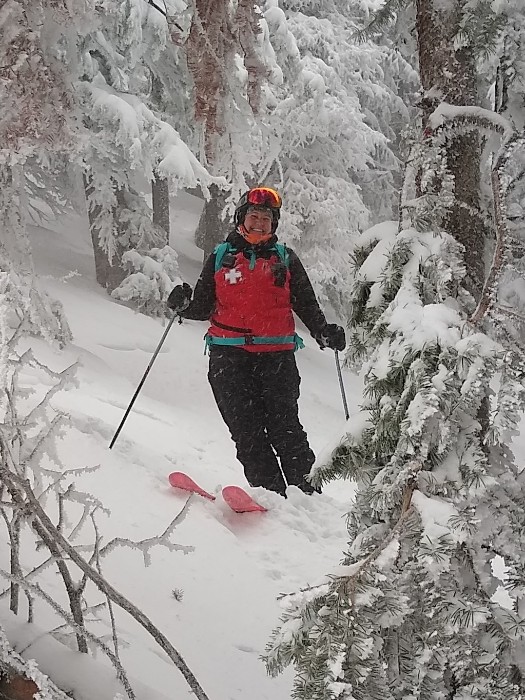Curriculum
Strictly speaking wilderness medicine is practicing medicine in an austere environment – this can range from providing medical care on expeditions or in base camps, to overseeing search and rescue or ski patrol, to interfacing with national parks and forests. Family practitioners are particularly well-suited to wilderness medicine as we begin with a broad base of training; smaller communities where we are engaging in full-spectrum family medicine are also often places with proximity to wilderness interfaces.
The ISU DFM Wilderness Medicine Fellowship takes advantage of our location in the mountains of southeast Idaho to give our fellows a broad range of experiences:
- Completing Outdoor Emergency Care (OEC) certification to work as a volunteer patroller with the National Ski Patrol, either on a local alpine or Nordic patrol
- Working with the Cooperative Wilderness Handicapped Outdoor Group (CW HOG) to provide medical care for wilderness trips
- Teaching wilderness first aid for community members and undergraduates engaging in backcountry sports
- Providing medical direction and care at local and regional trail endurance events
- Teaching wilderness EMTs working in the Caribou-Targhee National Forest
- Teaching and administering the ISU FMR Wilderness Medicine Area of Concentration
- Completing a Diploma in Mountain Medicine (DiMM)
- Certification in Advanced Wilderness Life Support (AWLS)
- Presenting at regional and international conferences
- Working with medical services in local national parks
- Completing a Fellowship in the Academy of Wilderness Medicine (FAWM)
- Optional swiftwater rescue training, international rotations, and working with our adaptive ski program
We teach and practice broad spectrum, rural family medicine:
- Continuity clinic
- ED shifts in our level 2 trauma center, Portneuf Medical Center
- Rural ED shifts in our surrounding referral base
- Optional inpatient medicine, OB, and resident precepting



